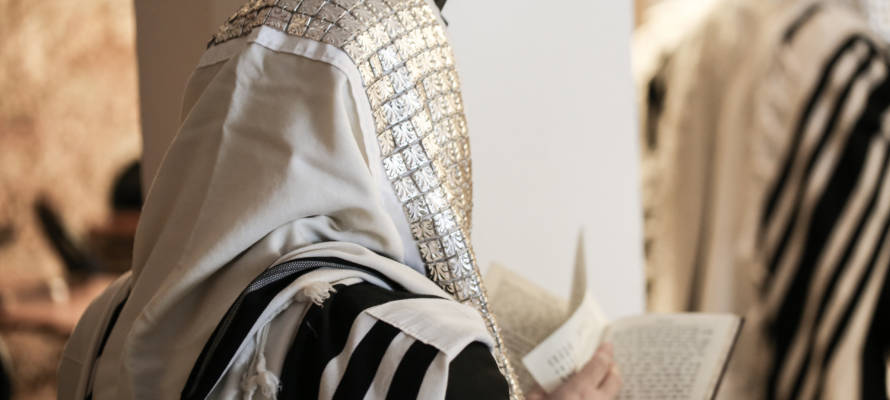What can we learn from the Torah reading of Korach, who led a rebellion against Moses?
By Rabbi Ari Enkin, Rabbinic Director, United with Israel
This week’s Torah portion is Korach (Numbers 16:1–18:32), and in it we read how Korach and his 250 followers challenged Moses and Aaron for the leadership of the Jewish people.
In response, Moses arranged a test that would prove to the nation that it was God who decided that Moses and Aaron would lead the Jewish people. Everyone was to offer incense, and they’d see whose offering would be accepted by God.
However, before proceeding with the challenge, we are told that Moses first prayed that God would not accept the offering of Korach and his people. The commentators further explain that Moses also requested that their prayers for success not be accepted.
The question is asked: Did Moses really have to pray that Korach and co.’s prayers wouldn’t be answered? Could he have thought that God might let them prevail over Moses when their entire rebellion was essentially a rebellion against God? Would God have answered prayers to destroy the system He himself enacted?
The answer: We learn from this episode that we must never underestimate the power of prayer, no matter what the prayer is or who it comes from!
There is a similar discussion in the Talmud, which teaches that one who kills unintentionally is forced to live in a “City of Refuge” until….the High Priest dies! That’s right. The death could occur in decades or the very next day. Once the High Priest dies, the unintentional killer goes free.
As one might imagine, it is likely that unintentional killers would be praying daily for the High Priest to die so that they could regain their freedom.
Now get this: In order to prevent such prayers, the mothers of the High Priests would prepare gifts of food and clothes for these unintentional murderers so that they remain comfortable in the City of Refuge and not pray for the death of spiritual leaders.
Here’s another famous example of the power of prayer:
According to the Talmud, a man may become engaged to a woman even during the first nine days of the month of Av, when all forms of celebration are generally forbidden. The Talmud says that this is a necessary leniency “lest someone else get engaged to her first.”
But what about the teaching that spouses are pre-determined even before birth. As it says, “forty days before the formation of an embryo, a Heavenly Voice goes forth and proclaims, ‘the daughter of so and so will be married to so and so.’” Marriage partners are predestined. So how is it possible that “someone else would become engaged to her first?” Because some other man might see her and pray that he could marry her. And it might just happen.
Don’t underestimate the power of your prayers. It could even change God’s pre-determined will.
For more insights by Rabbi Enkin on this week’s Torah portion, click on the links below:
https://unitedwithisrael.org/living-torah-egotistical-arguments-have-no-place-in-judaism/
https://unitedwithisrael.org/living-torah-timing-is-everything/
